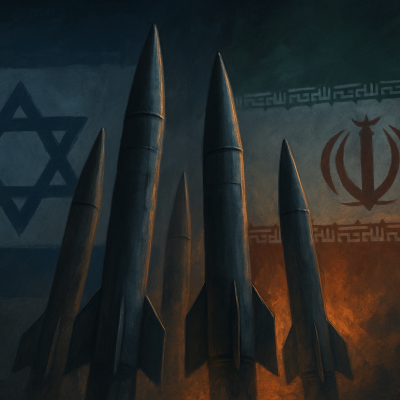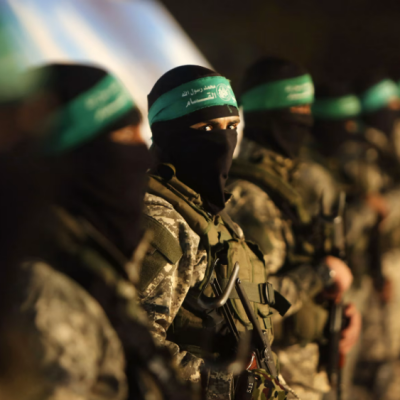Satoshi Ikeuchi, Professor, Religion and Global Security, University of Tokyo
A week overlapping New Year’s Eve and New Year’s Day is the biggest holiday period of the year in Japan. People in Japan return to their families and spend days full of festivities but filled with serenity and sacredness from the last week of December to the first three days of January.
It’s like the Eid al-Adha holidays in the Islamic world, like Christmas holidays in the West, and Lunar New Year in the Chinese world.
In the usual years without covid-19, even families who have lived in major cities for several generations would turn back to their ancestors’ hometowns in local areas. Children return to their parents and grandparents and reaffirms their family ties. For this visit, nation-wide large-scale movements of people occur from the capital city Tokyo to local areas.
For me, a Middle East expert residing in Japan, a rare species, New Year’s holiday has long been deprived.
For some reasons, this season of year can be said as one of the most eventful in the Middle East.
Look back just a year ago.
Carlos Ghosn fled from Tokyo to Beirut via Istanbul through the loophole of Japan’s end of the year vacation season in 2019. Qasem Soleimani, the Iranian general of the Quds Force of the Islamic Revolutionary Guard Corps, was assassinated in Iraq on January 3rd. of 2020.
Aside from the fact that the New Year is not a significant holiday in the Middle East, those disturbing events take place in this time of the year because major actors in the Middle East politics take advantage of the loose security, laxed politics and the distracted public in the West during the festive season from Christmas to New Year.
In addition to that, the end of the term of the U.S. president in each 4 years brings a further fluid political situation. There tends to be a power vacuum from December to January when U.S. presidents change.
This year, the air is particularly tense, since President Trump refuses to leave office calmly and many Trump zealots are adamant in denying the election results. There’s going to be an ambiguous period of transition of the U.S. administrations.
Usually, the adversaries of the U.S. try to hit the superpower off guards. This time, however, the outgoing U.S. president himself is the one who is feared of taking advantage of the remaining time of his presidential term and he may leave a conflict in the Middle East in order to hinder smooth start of Biden administration’s Middle East policy.
Anyone who are involved in the Middle East cannot take rest in New Year holiday season. What happens in this year? Fingers are crossed.





